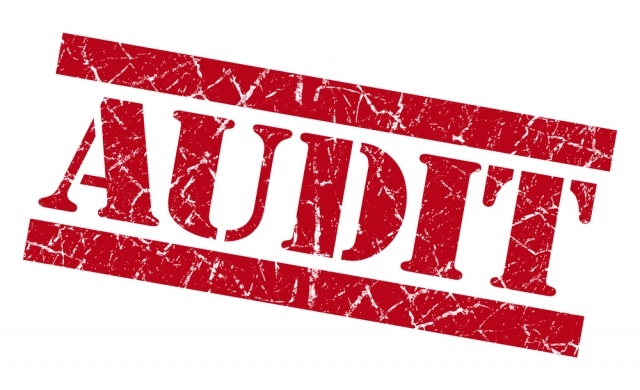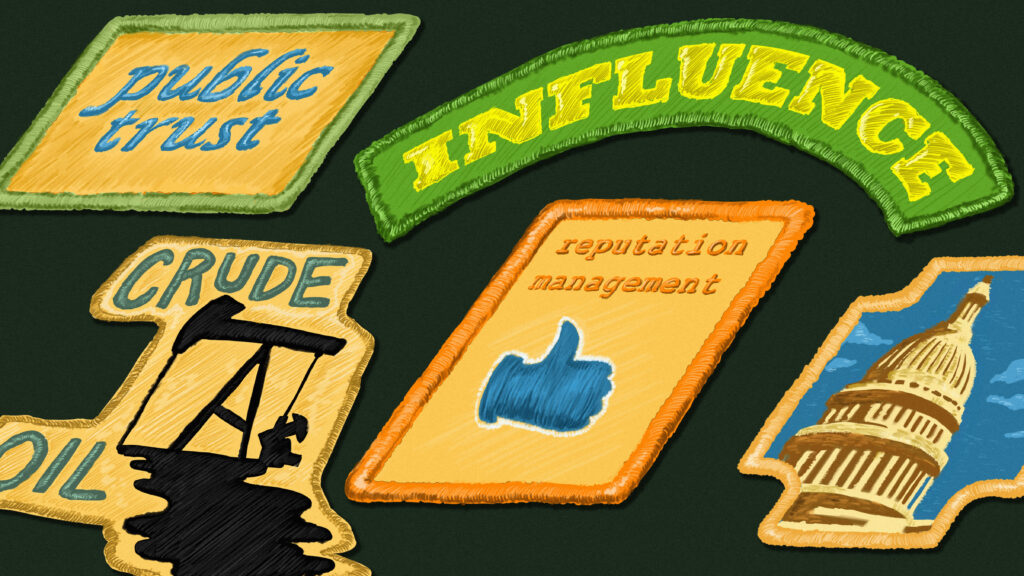In January 2013, Pennsylvania’s auditor general announced that he would conduct an investigation into whether state regulators were effectively overseeing the impacts from the shale gas drilling rush.
A year and a half later, the results are in: the state’s environmental regulators are failing badly in at least eight major areas, at times declining to cite drillers who broke the law. In a damning 158-page report, the state’s auditor general highlighted the agency’s wide-ranging failures. The report detailed the Department of Environmental Protection’s (DEP) use of a legal “loop hole” to avoid inspecting wells and described the agnecy’s failure to fulfill its duty to track the industry’s toxic waste. The report also faulted the agency for a reliance on voluntary measures in policing the industry.
The federal government has largely taken a hands-off approach to policing the drilling boom. What federal rules do exist have various broad exemptions exemptions for the oil and gas industry. Pennsylvania, which features a large swath of the Marcellus shale, is widely viewed as ground zero for the current fracking boom. In the unusually candid report released this week, state auditors have concluded that the state is overwhelmed by the industry and is providing insufficient oversight.
“It is DEP’s responsibility to protect the environment from these environmental risks and to ensure that laws and regulations which govern potential impacts to water quality are enforced,” Pennsylvania’s auditors wrote. “Unfortunately, DEP was unprepared to meet these challenges because the rapid expansion of shale gas development has strained DEP, and the agency has failed to keep up with the workload demands placed upon it.”
Auditors described state environmental regulators as woefully outgunned and unprepared for the sudden arrival of the shale gas drilling frenzy.
“In conclusion, as evidenced by this audit, DEP needs assistance,” Auditor General Eugene A. DePasquale wrote in a cover letter attached to the report. “It is underfunded, understaffed, and does not have the infrastructure in place to meet the continuing demands placed upon the agency by expanded shale gas development.”
For years, Pennsylvania residents have reported that state regulators were failing to fulfill its duty to protect the public and the environment. The report offers new evidence corroborating these concerns.
In particular, the auditors singled out eight major problem areas:
* Record-keeping was “egregiously poor,” the auditors reported, adding that even though they had “unprecedented” access to the Department’s files, they could not label their review, which spanned 2009 to 2012, “full” because the documentation that the agency maintained was lacking.
* The DEP relied heavily on “voluntary compliance” when wrongdoing was discovered, instead of the legally-binding orders that state law makes mandatory, and regulators often relied on drillers’ time and money to complete investigations. Auditors faulted the agency for allowing drillers to avoid racking up violations when the companies reached private settlements with people who were harmed. “While it might make sense from a fiscal standpoint for DEP to push much of the cost of these investigations onto the operators, when DEP fails to consistently use the regulatory tools provided by the Act, DEP risks losing the relevance and authority it holds as a regulator,” the auditors wrote. “Stated simply, without fear of a ‘bite,’ DEP’s ‘bark’ will do little to ensure compliance.”
* The auditors faulted the agency for failing to keep citizens informed about the results of investigations in unusually blunt terms. “DEP communicated poorly with citizens,” they wrote, adding that the Department not only missed deadlines but also failed to give people who had reported problems “clear written investigative results.”
* The Department also received failing grades for how it tracked citizen complaints. Tracking was so bad that the agency was not able to answer basic questions like “how many shale gas related complaints were received or how many complaints resulted in a positive determination?” auditors observed.
* When it came to inspecting wells, auditors discovered that it was nearly impossible to determine whether shale wells were being inspected in a timely manner because of problems with record keeping. “Until DEP improves its timeliness and frequency of inspections,” the report concluded, “it cannot truly fulfill its responsibilities as the state’s environmental regulator.
* In another crucial area, the tracking of the industry’s toxic and radioactive waste, the state flunked. “DEP monitors shale waste with self-reported data that is neither verified nor quality controlled for accuracy and reliability,” auditors warned. They recommended that the Department adopt a so-called “manifest system,” which would require shale gas wastewater to be tracked like other industries’ hazardous wastes. In 2011, The New York Times reported that the state had dropped those plans under heavy industry lobbying.
* The department’s system for making information about shale gas public is simply “a spider web of links to arcane reports,” auditors wrote. “Users are left with a dizzying amount of data, but none of the data is presented in a logical and sensible manner.”
* Although the Department is required by law to post inspections and violations on its website, the data was riddled with errors (at a rate “as high as 25 percent in key data fields” and as many as three-quarters of comments by inspectors, which often contain information critical to understanding problems, never made it to the online inspection reports.
Environmental advocates welcomed the report. “The auditor general’s report vindicates the ever growing chorus of voices that have been calling on the DEP for years to reform its practices, and for sufficient funding for adequate staffing,” said Nick Kennedy, a community advocate for Mountain Watershed Association.
The DEP responded to the report by focusing on parts by emphasizing that things have improved greatly since the period studied by the auditors.
“For the past 16 months, we’ve cooperated fully with the Auditor General’s Office and we appreciate the professionalism shown by their staff,” DEP Secretary E. Christopher Abruzzo said. “As we’ve explained to the auditors, because the report focused on the time period up until the end of 2012, most of this audit reflects how our Oil and Gas Program formerly operated, not how the program currently functions.”
The DEP added that the report “validates Pennsylvania DEP‘s work” and that auditors identified “no instances where DEP failed to protect public health, safety or the environment with respect to unconventional gas drilling activities.”
Their defense of their regulations may sound familiar to those who have followed the controversy over fracking in the state for years. Back in 2011, when Pennsylvania made national headlines for what the New York Times labeled “lax” regulation, the recently-replaced head of the DEP John Hanger strenously defended his agency’s record by claiming that by the time he’d left office in January 2011, regulation had grown enormously stronger.
The state auditors concluded otherwise, however, including the DEP‘s objections to each finding in their report and responding to each individually. Ultimately, auditors concluded the DEP‘s defenses were groundless, noting that the DEP had often contradicted itself as it responded to criticism.
“Our recommendations addressed weaknesses we noted in DEP’s operations, specifically in relation to how DEP communicated with complainants and the timeliness of DEP’s investigations into water supply impacts,” they wrote. “Consequently, we are perplexed that DEP disagreed with the finding itself, yet agreed with all of our recommendations that were directed to the agency to help correct the deficiencies we identified.”
Photo Credit: Audit grunge red stamp, via Shutterstock.
Subscribe to our newsletter
Stay up to date with DeSmog news and alerts







